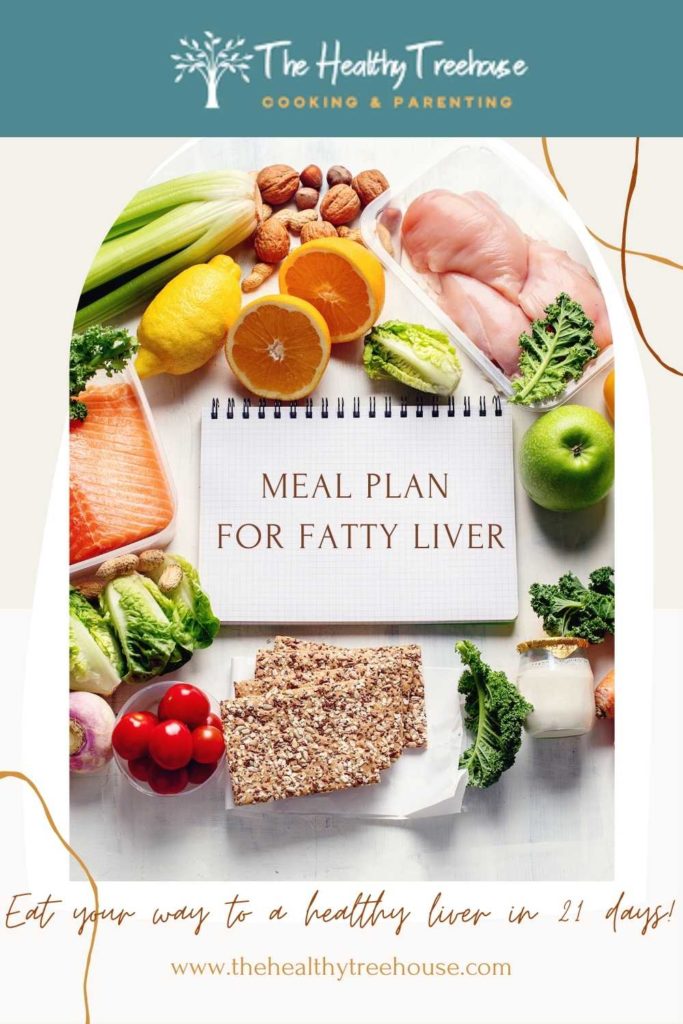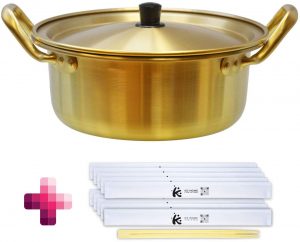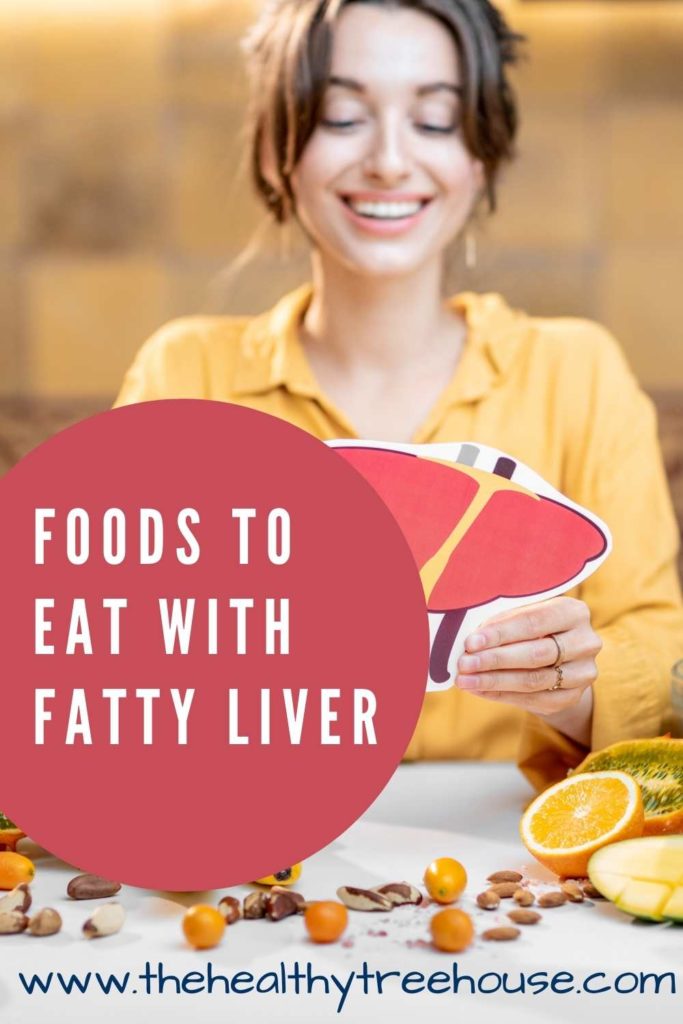
A diagnosis of fatty liver disease from your doctor can be an eye-opening event.
People with fatty liver are generally instructed to change their diet by incorporating more fresh fruits and vegetables, whole grains, omega-3 fatty acids, and low-fat dairy into their daily meals.
We are told that diet and lifestyle are crucial to our health.
But, what does this really mean?
What do you eat?
To make your life easier, we’ve prepared a list of foods to eat with fatty liver.
Plus, we’ve turned this grocery list into a 21-day meal plan full of simple but delicious recipes you can make in 20 minutes.
Be sure to seek a doctor’s and nutritionist’s advice, diagnosis, or treatment before committing to a fatty liver diet.
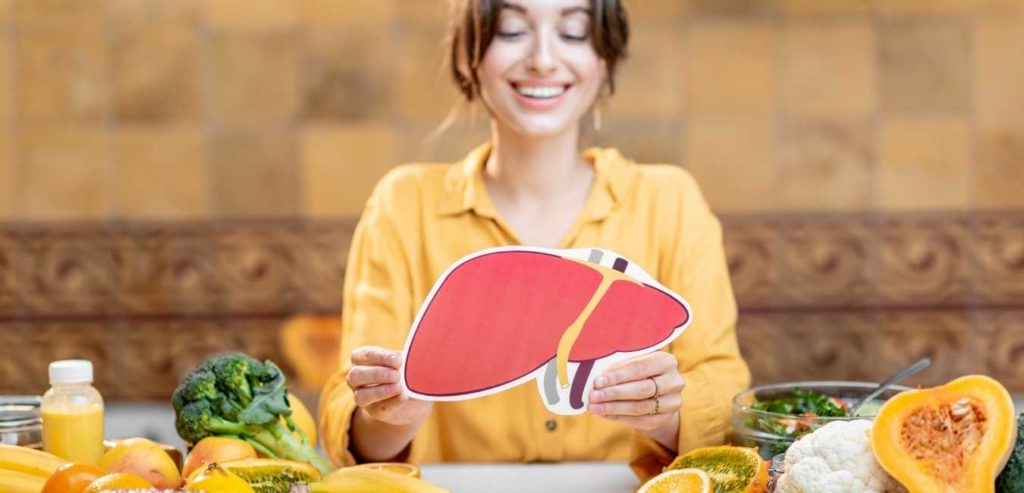
Fatty Liver Disease – What Causes Damage to the Liver?
Fatty liver disease is a condition in which fat accumulates in the organ, causing inflammation and scarring.
Fatty liver can lead to chronic health problems such as liver cirrhosis, liver cancer, and other diseases of the liver and kidneys.
Several factors could negatively impact your liver health, including:
- Liver inflammation resulting from a viral or parasitic infection caused by bodily fluids or contaminated food or water
- Certain autoimmune diseases
- Genetic liver diseases such as Wilson’s Disease or Hemochromatosis
- Uncontrolled cell growth leading to types of liver cancer
- Chronic alcohol and drug abuse
- Nonalcoholic Fatty Liver Disease (fat buildup not related to alcohol)
- Certain prescription and over-the-counter medications and supplements
- Exposure to toxins
If you suspect you have symptoms of fatty liver or any other ailment listed, be sure to talk to your doctor.
Nonalcoholic Fatty Liver Disease
Nonalcoholic Fatty Liver Disease (NAFLD) is a condition in which there is a buildup of fat in the liver that is not alcohol-related.
It’s an umbrella term for a range of liver conditions; it is not one specific disease.
NAFLD is the most common chronic liver condition in the United States, affecting about one-fourth of the population.
Some people with nonalcoholic fatty liver disease can further develop nonalcoholic steatohepatitis (NASH), which causes liver inflammation and can lead to cirrhosis or scarring of the liver without intervention.
Alcoholic Fatty Liver Disease
Alcoholic Fatty Liver Disease is a condition that includes the buildup of fat in the liver-related to the consumption of alcohol.
Whether or not your fatty liver is related to alcohol, your doctor may recommend ceasing all alcohol consumption as part of your diet for fatty liver.
Drinking moderate amounts of alcohol regularly can lead to alcohol-induced fat buildup, which is the first stage of alcoholic fatty liver disease.
Lifestyle changes and diet can help prevent more liver damage in the future.
What Foods Can Damage the Liver?
People with fatty liver may already eat foods that are deprived of vital nutrients.
Restricted consumption of vital, healthy nutrients can damage the liver over time.
Giving up unhealthy foods can not only help your liver health but also aid in weight loss, lower blood sugar, and lower blood pressure.
Here are some foods to avoid when on a fatty liver diet:
- Fried foods
- Highly processed foods
- Fast food
- Foods high in saturated fat
- Baked goods
- Gluten
- Excess refined sugar
- Excess sodium/salt
- Alcohol
- Simple carbohydrates (white bread, white rice)
- Full-fat dairy
If you find it hard to give up dairy, be sure to swap for low-fat or nonfat dairy products as they are healthier for fatty liver disease.
You can also choose vegan dairy alternatives over nonfat or low-fat dairy.
Foods to Eat List to Reduce Fat in Your Liver
Here are the best foods to help mend your fatty liver broken up by category.
Meat
While lean meat and fish are great for fatty liver disease, red meat is not.
Many nutritionists and doctors recommend omitting deli meats, beef, pork, and veal from their fatty liver diet.
Instead, the best proteins for people with fatty liver are:
- Salmon
- Mackerel
- Tuna
- Herring
- Trout
- Tofu (vegetarian)
- Tempeh (vegetarian)
- Chicken breast
- Turkey breast
Omega-3s
Fatty fish high in omega-3 fatty acids are the most nutrient-dense types of meat out there.
Omega-3s do a lot of good work to your body, including reducing toxins and inflammation.
Seriously, fatty fish is one of the best foods to incorporate into your diet for fatty liver, so be sure to include it in your meal plan!
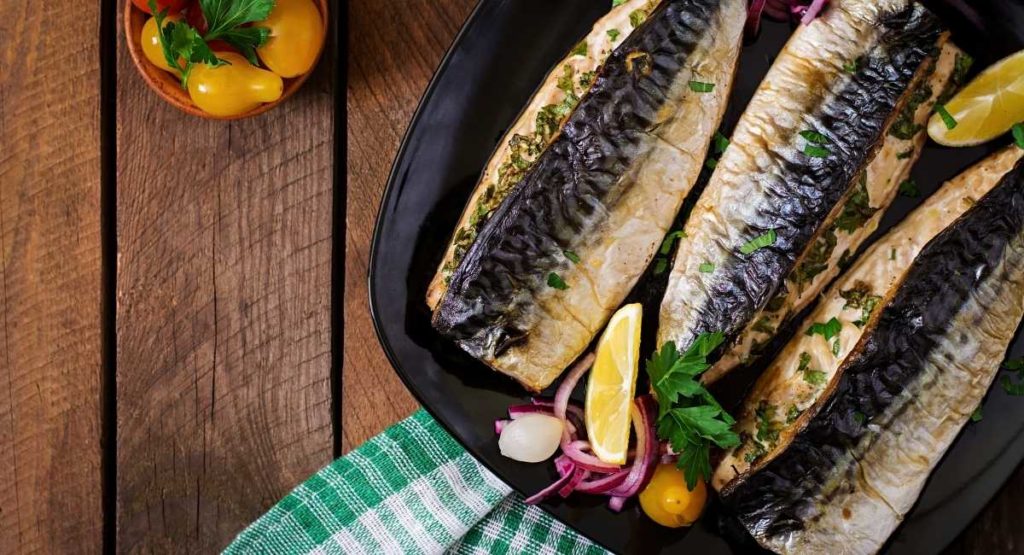
Dairy
Low-fat and nonfat dairy can be substituted for full-fat dairy if you have been diagnosed with fatty liver disease.
High-fat dairy such as cheese, butter, and heavy cream are high in saturated fats, which must be avoided on this diet.
If giving up cheese is difficult, I totally understand.
Instead, you can swap to low-fat dairy in place of high-fat dairy.
For example, choose low-fat cottage cheese, mozzarella cheese, or feta in place of higher-fat cheddar cheese or cream cheese.
Many dairy products contain vitamin D, a major nutrient that can aid in cleansing the liver.
Here is a list of dairy that is acceptable on a diet for fatty liver:
- Skim or 1% milk
- Low-fat buttermilk
- Nonfat yogurt
- Skim or 1% mozzarella cheese
- Low-fat feta
You can also swap to plant-based dairy as well!
There are so many dairy alternatives to milk, cheese, and all other common dairy products that are vegan and great for people with lactose sensitivity.
Vegetables and Fruits
Fruits and vegetables are great for all diets, not only diets for fatty liver disease.
A diverse diet of healthy produce provides most of the essential nutrients that your liver needs to heal.
Fresh and differently colored fruits and vegetables are rich in fiber, vitamins, and minerals.
One of the best types of vegetables for fatty liver is a cruciferous vegetable.
Cruciferous Vegetables
Cruciferous vegetables are a diverse group that derives from the mustard family.
They are amongst the healthiest foods in the world, especially for the liver.
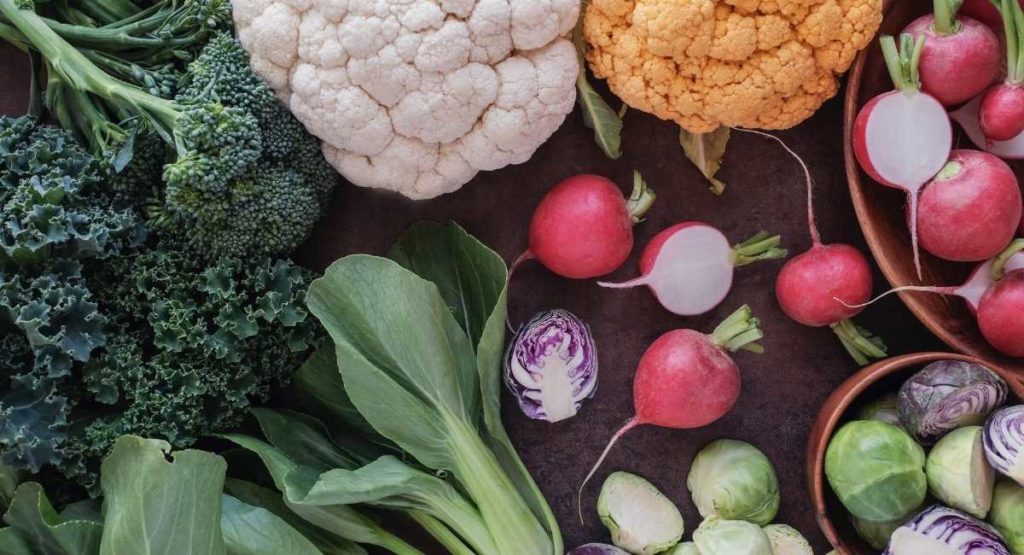
Broccoli, a cruciferous veggie, may actually help your liver produce more detoxifying enzymes.
Be sure to incorporate all of the following cruciferous vegetables into your fatty liver diet:
- Broccoli
- Kale
- Spinach
- Brussels sprouts
- Cauliflower
- Cabbage
- Arugula
- Mustard greens
In addition, many other vegetable varieties may help reduce liver fat and liver enzymes.
Other Vegetables
Aside from cruciferous veggies, tons of other vegetables can help improve liver function.
These include:
- Beetroot
- Celery
- Asparagus
- Garlic
- Carrots
- Chicory
- Endive
All in all, food that grows in the ground organically is going to be healthier for the liver than food produced in a lab with chemicals and GMOs.
Fruit
Just as important as fresh vegetables, fruit is an integral part of a fatty liver disease diet.
Many different fruits contain multiple antioxidants with anti-inflammatory compounds such as phytochemicals that work to relieve oxidative stress and inflammation.
While many foods cannot cure fatty liver disease, they can work to protect the liver from further damage.
Fruits that are best for liver health are:
- Citrus fruits
- Apricots
- Peaches
- Plums
- Blueberries
- Cherries
- Cranberries
- Strawberries
- Apples
- Pears
Fruits particularly high in vitamins E and C will be the best for people with fatty liver.
Beverages
One of the most important daily tasks to accomplish is to drink enough water.
Dehydration is associated with elevated liver enzymes.
Most health experts recommend drinking eight 8-ounce glasses of water per day, around 2-2.5 liters.
Or else, drink water whenever you are thirsty.
These numbers are for optimal hydration to aid in not only liver health but overall bodily function.
In addition to staying hydrated with water, there are a few more beverages to include in your fatty liver diet.
Green tea
Healthy and aromatic green teas are one of the best beverages for your liver function.
While green tea is widely regarded as good for the whole body, it may especially be good for the liver.
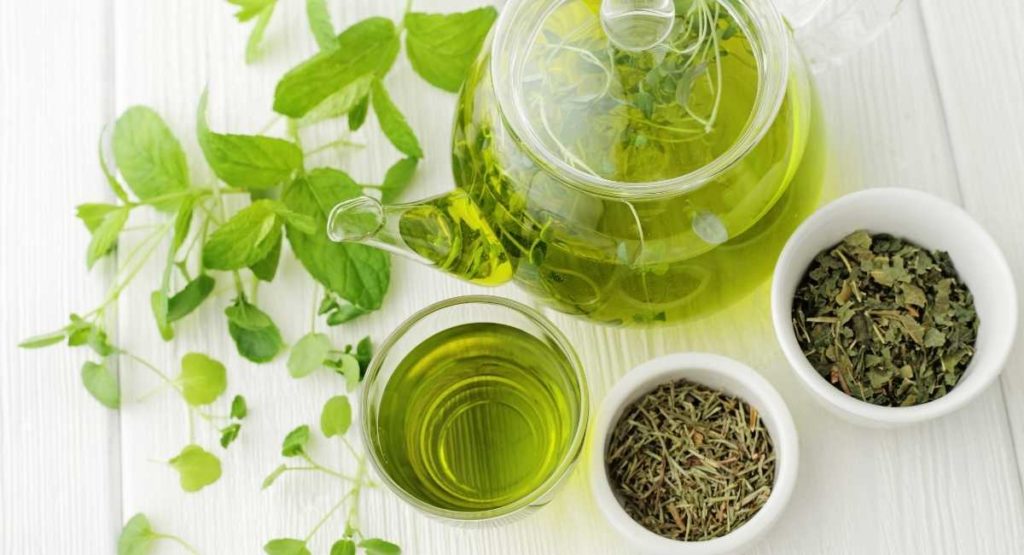
Without added sugars, pure organic green tea is great for the liver thanks to high catechin content, which are antioxidants thought to improve liver function.
Researchers at Penn State recently discovered that green tea in combination with exercise can help improve fatty liver disease by 75% in mice.
These mice were fed a high-fat diet before their liver function was tested.
We know that an active lifestyle is also an important concept when treating fat in the liver.
By combining green tea with exercise, you may be able to treat your fatty liver disease.
Talk to your doctor before changing up your diet and exercise regimen.
Coffee
While there are some conflicting studies out there, coffee is generally renowned as a food that is good for the liver.
We did extensive research of our own to determine if coffee is good for the liver, with a resounding “yes” as our findings.
The key is to drink coffee or any caffeine in moderation.
Coffee consumption has been shown to potentially reduce the risk of fatty liver disease, liver cancer, cirrhosis, fibrosis, and other liver diseases.
Whole Grains
Good carbs from whole, unprocessed grains are great for people with fatty liver disease.
Whole grains, such as barley, oats, and whole wheat bran provide the fiber that helps to lower cholesterol levels in the blood and protect your liver from inflammation.
Liver complications can impede the body’s ability to metabolize waste, but eating whole grains may be able to help.
By stabilizing your blood cholesterol levels through multiple servings of whole grains per day, your heart and liver health may improve.
Whole-grain foods also contain lipids or fats, which can help reduce inflammation caused by fat buildup in your liver cells.
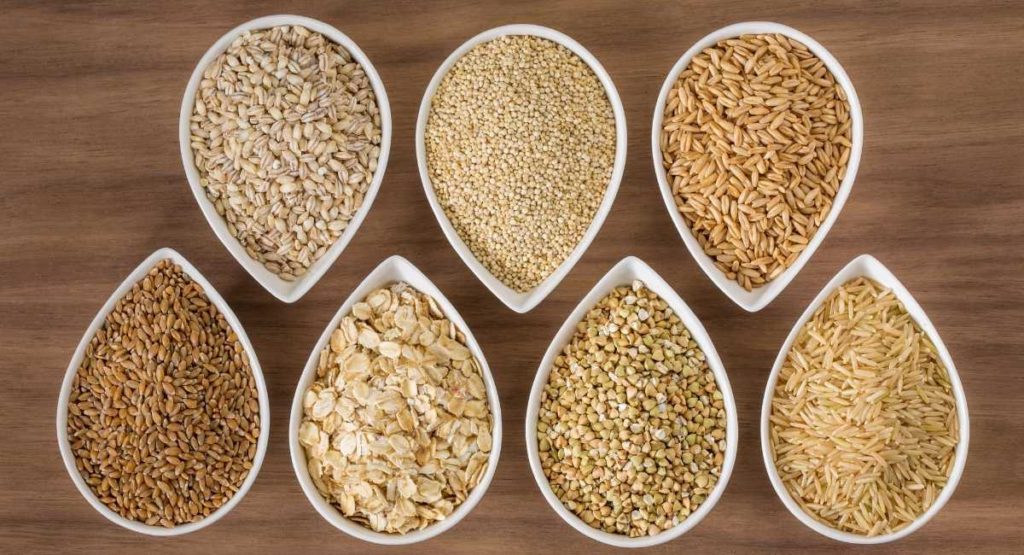
Some of the tastiest and most nutritious whole grains for fatty liver disease include:
- Brown rice
- Barley
- Buckwheat
- Whole grain corn or grits
- Millet
- Oatmeal
- Farro
- 100% stone-ground wheat
- Bulgar
- Wheat berries
Some experts recommend going gluten-free when on a fatty liver diet.
Many oats and other grains come in gluten-free varieties, so you can still incorporate whole grains into your meals for a healthy liver.
Legumes/Nuts/Seeds
Like whole grains, legumes are great for both your heart and liver.
Beans and lentils are common additions to fatty liver diets because they are a great source of protein and fiber, which is also great if you are eating mostly plant-based.
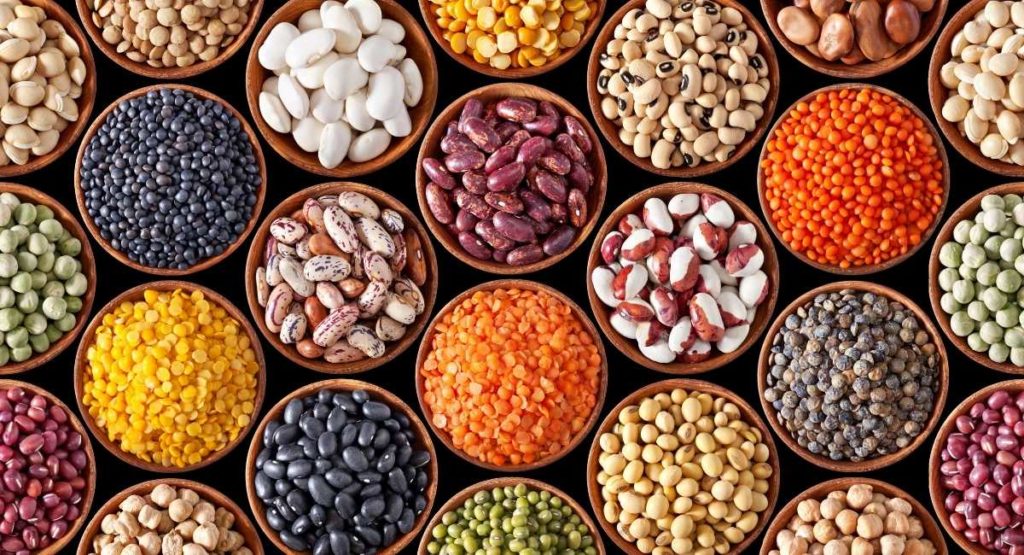
Be sure to buy unseasoned, unprocessed beans from dry or in a sodium-free can.
Items such as baked beans have high levels of salt, sugar and processed meats deeming them unhealthy for this diet plan.
Some experts claim that legumes help to prevent fat from accumulating in the liver.
Some common legumes for people with NAFLD are:
- Chickpeas
- Lentils
- Kidney beans
- Pinto beans
- Black beans
- Pigeon peas
- Split peas
Cook your dry and unseasoned beans whole with other healthy ingredients to create a dish adhering to this foods to eat list to reduce fat in your liver.
Nuts and Seeds
Nuts are a great source of healthy fats when eaten in moderation.
Of all nuts, most nutritionists favor walnuts as the healthiest nut for fatty liver disease.
They contain a higher antioxidant count and more fatty acid content, both of which help aid the liver.
Other healthy nuts include:
- Almonds
- Brasil nuts
- Pepitas
- Macadamia nuts
- Cashews
- Peanuts
Just be sure to buy unsalted nuts and eat only about a handful at a time!
Seeds are another important food to add to your fatty liver diet.
Namely, sunflower seeds have made a name for themselves in the nutritionist community for being very healthy for the liver.
These seeds are very high in vitamin E, a known ally in liver health.
A recent study found that the consumption of sunflower seeds is an acceptable natural remedy for reducing liver enzymes in the blood.
They were also found to help prevent fatty liver disease with the reduction of liver enzymes.
More research needs to be done on the topic to know for sure, but unsalted sunflower seeds are a great snack or salad addition.
Cooking Oil
The favorite cooking oil of healthy folks is olive oil.
While this meal plan should be low fat, you want to pick the most healthy cooking oil for sauteing and baking.
Extra-virgin and classic olive oil is considered a healthy fat thanks to all of its nutritional benefits.
The Mediterranean diet has promoted the various health benefits of olive oil for decades.
Be sure to use this oil and not another neutral or “healthy” marketed oil, as it can contain chemicals or preservatives.
Just like the rest of the foods on this list, buy unprocessed, natural olive oil.
Supermarket Shopping Tips for a Healthy Liver
You may read this article and think you have this diet down perfectly.
Then, you step into the grocery store and totally go blank on what healthy foods you need.
Here are some general tips to bring with you to the supermarket to ensure a successful trip.
Avoid vegetables and fruits that are already prepared or sauced.
Cooked and prepared vegetables may already contain fats and seasonings. Because you did not prepare the dish yourself, there is no way to know for sure what is inside.
Instead, do all your cooking from scratch to best control the sugar, salt, and fat content. This rings true for fresh, canned, frozen, and hot prepared meals at the grocery store.
Buy lean meat and fatty fish without the skin.
Lean chicken breast and fatty salmon should be purchased without the extra fat and skin to save you the hassle of removing them at home. Healthily prepare your meats and serve with lots of fresh vegetables.
Eat fatty fish 2-3 times per week or more.
This means you may have to buy a little extra fatty fish to make sure you have enough. Salmon freezes well and often comes in vacuum-sealed individual frozen bags.
10 Superfoods for your liver
The good news is that we’ve listed a ton of delicious food you can eat in this article so far. The bad news is that it might be overwhelming. So, to keep it simple here is a short top ten list:
1) Avocado
This creamy fruit is very high in healthy fats. They are rich in omega-3 fatty acids, Vitamins C, E, and K. Omega three helps improve liver function. Vitamins C, E, and K are antioxidant vitamins and can protect the liver from oxidative damage.
2) Blueberries
Blueberries are among the top 3 fruits with the highest antioxidant levels. It can provide protection from the effects of oxidative damage.
3) Salmon
Salmon is a fatty fish and rich in omega-3 fatty acids. It can also help reduce liver inflammation and accumulation of fat.
4) Pears
Pears can help reduce damage caused by alcoholic fatty liver disease. It’s also high in Vitamin C, antioxidants, and copper. These can offer more protection from oxidative damage.
5) Apples
Apples offer almost the same benefit as pears. They are both rich in polyphenols and offer protection from free radicals. And like pears, they are also very high in fiber and can prevent the accumulation of fat in the liver.
6) Broccoli
This cruciferous vegetable is rich in indole, an antioxidant that helps protect the liver from oxidative damage. It’s also high in Vitamin C and fiber.
7) Spinach
Like broccoli, this leafy green is rich like broccoli, this leafy green is rich in indole, which can offer protective benefits for your liver. It may even help reverse the effects of nonalcoholic fatty liver disease.
8) Kale
Kale is essentially the top 1 vegetable with the highest antioxidant levels. It’s also high in fiber and Vitamin C. In fact, it’s the leafy greens with the highest vitamin C content. Vitamin C, on the one hand, can help prevent oxidative damage.
9) Garlic
Garlic has a cleansing effect and can help your liver flush out toxins better. It is also high in allicin, a type of antioxidant that can amp up your liver protection.
10) Almonds
Almonds are rich in healthy fats. It’s also high in Vitamin E and can provide protective benefits for the liver.
Helpful Related Information
All of this information on food and how it relates to your liver can be overwhelming.
For a ready-made diet for fatty liver, check out our diet plan for recipe ideas and additional information.
Your doctor may recommend a liver cleanse, which is a more extreme diet including most of the foods listed above.
If this is the case, check out our liver cleanse recipes for extremely clean and delicious eating.
Looking to lose weight, lower blood sugar, or get your mental health on track in addition to helping your liver?
Here is a list of super healthy foods to eat every day to help you commit to these lifestyle changes.
Try printing out the Foods to Eat List to Reduce Fat in Your Liver and sticking it on your fridge for a constant reminder.

Positively Impact Your Liver
If you change your diet to include a wide range of foods on this list, you have the best chances of lowering the amount of fat in your liver.
Although it takes dedication under your trusted medical professional, people with fatty liver disease can get better.
Make sure to eat an extremely balanced diet that is without saturated fat, fried foods, alcohol, excess sugar, and high levels of sodium.
Life is about the journey, not the destination.
Make your journey a healthy one, and your destination may be greater and healthier than you imagined.
Start a Healthy Lifestyle
No idea where to start? We have an eating schedule specifically designed for people who have fatty liver or who want to take care of their liver. It’s a 21-day meal plan full of simple but delicious recipes you can make in 20 minutes.
